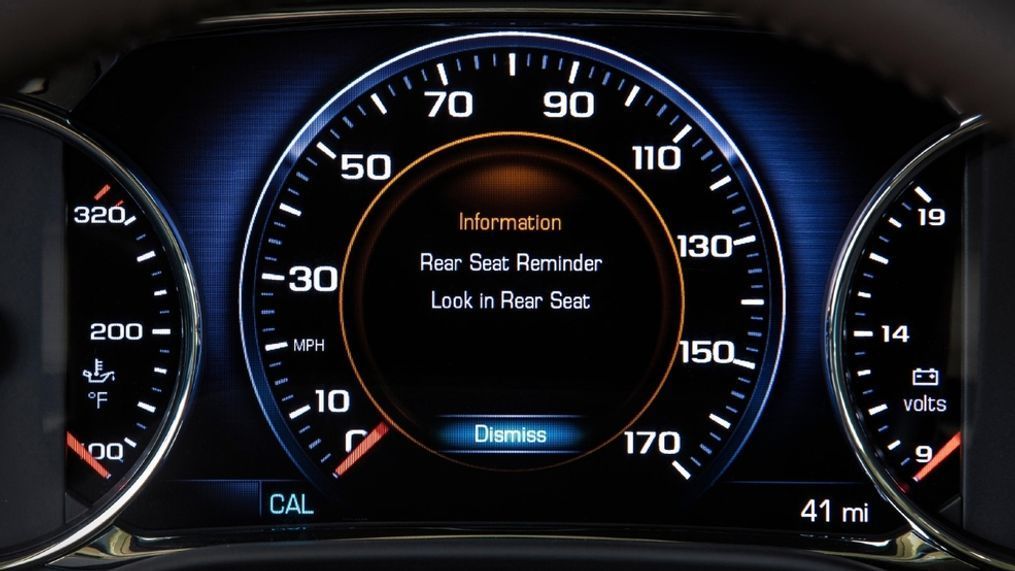KidsAndCars.org urges you to 'look before you lock'

When you get into your car on a hot day, it's like the breath almost gets sucked out of your lungs because of the suffocating heat. Leather seats burn bare legs, and if you have any metal on your gearshift, you probably employ the two-finger approach to shifting after you've gotten burned a couple times. Ouch!
Now imagine accidentally leaving a child in the back seat of that car all day.
Think it doesn’t happen? Sadly, it does.
And KidsAndCars.org says it's even more likely to happen around holidays when routine schedules are disrupted.
“We always see an increase in child injuries and deaths around holidays," said Janette Fennell KidsAndCars.org president and founder. "It is devastating to know that there are families all across America right now holding their precious babies, unaware that they will lose them in a hot car this summer. But, these children don’t have to die. Parents and caregivers have the power to make sure that this doesn’t happen to them.”
According to the National Highway Traffic Safety Administration, heatstroke is one of the leading causes of death among children. In fact, 21 children have died from vehicular heatstroke in 2018 alone. Since 1990, 867 children left in vehicles have died of heatstroke. Of those deaths, more than 50 percent were "forgotten" by their caregiver.
As the NHTSA points out on its website, even great parents can forget a child in the back seat of a car – especially if they aren’t used to driving their kids or if their routine suddenly changes.
To help combat this problem some automakers are implementing rear-seat reminders. The GMC Acadia, for example, has a standard rear-seat reminder, and though the system doesn’t detect objects in the rear seat, it does monitor the rear doors. If you open a rear door within 10 minutes before the vehicle is started or if they are opened and closed while the vehicle is running, the reminder is activated. When the vehicle is shut off, there is an audible chime with a visible message on the behind-the-wheel gauges.
Children are much more sensitive to heat than adults, and as the NHTSA points out, a child dies when his or her body temperature reaches 107 degrees. Combine that with the fact that a car’s temperature can rise more than 20 degrees in just 10 minutes and more than 40 degrees in an hour and a hot car is a dangerous situation for anyone – but especially a child.
Here are some tips, courtesy ofKidsAndCars.org, for anyone who ever has a child in his or her car:
- Always check the back seat of your vehicle before you lock it and walk away.
- Keep a stuffed animal or other memento in your child’s car seat when it’s empty, and move it to the front seat as a visual reminder when your child is in the back seat.
- Put something you’ll need like your cell phone, purse, employee ID or briefcase in the back seat so that you have to open the back door to retrieve that item every time you park.
- If someone else is driving your child, or your daily routine has been altered, always check to make sure your child as arrived safely.
Even if you don't have young children, always be on the lookout in parking lots for a child who may be stuck in a back seat. In more than 55 percent of the cases where a child has died from heat stroke in a car, the person responsible unknowingly left the child in the vehicle. Call 9-1-1, get help, and get that child out of the car ASAP.
